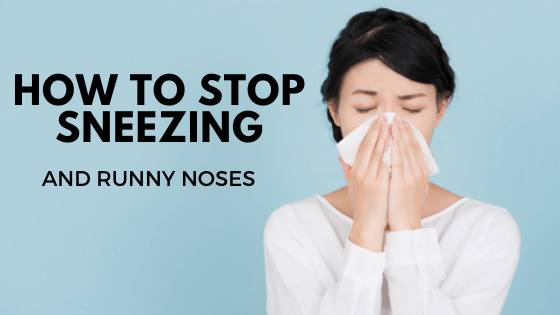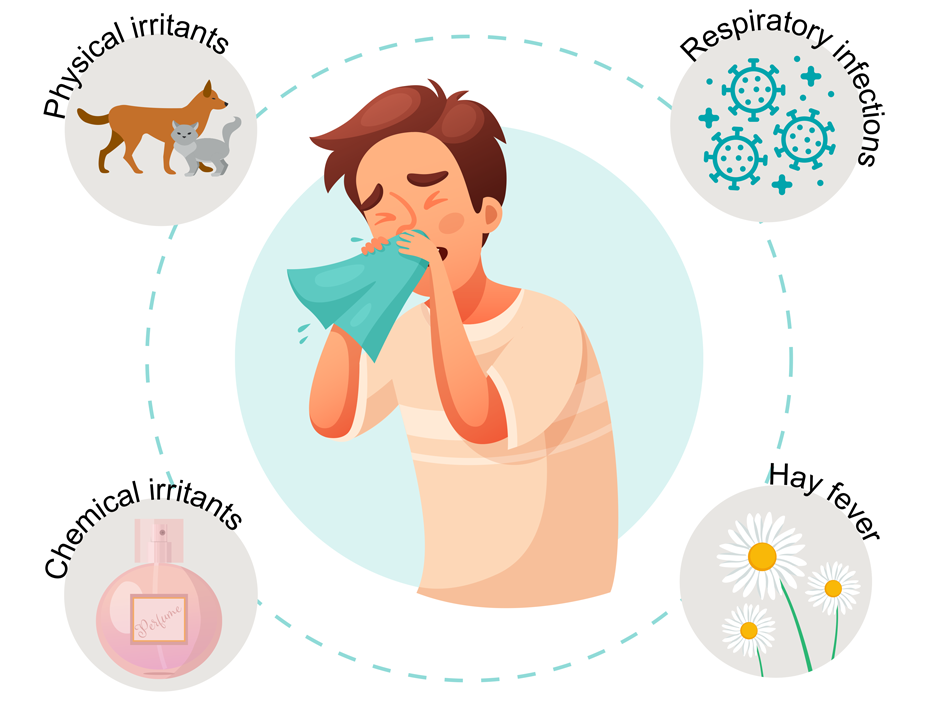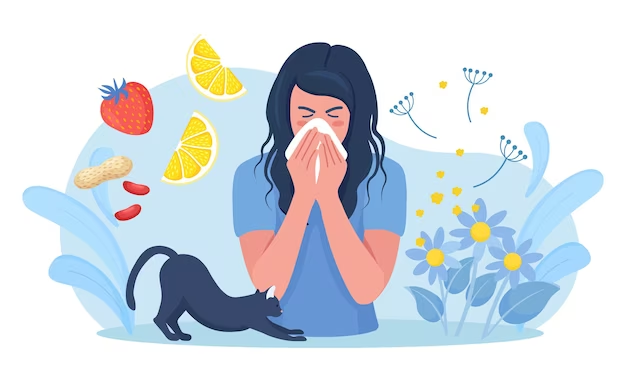Sneezing, running, and blocked nose can be caused by allergies, viral infections, sinusitis, irritants, or underlying health conditions

12/05/2023

Welcome to our comprehensive guide on sneezing, running, and blocked nose. If you have been experiencing these symptoms, you're not alone. Sneezing, a runny nose, and nasal congestion are common issues that can be caused by various factors. In this article, we will explore the dos and don'ts for managing these symptoms effectively. By following our recommendations, you can find relief and improve your overall well-being.
( Unlock a free expert doctor consultation here... )

Before we dive into the dos and don'ts, let's gain a better understanding of these symptoms. Sneezing is a reflex action that helps to expel irritants from the nose. It is often accompanied by a runny or blocked nose, where the nasal passages become inflamed or congested, making it difficult to breathe. These symptoms can be caused by allergies, common cold, sinusitis, or other underlying health conditions.
( Unlock a free expert doctor consultation here... )

Sneezing, running, and blocked nose can have several causes. Allergies, such as hay fever or pet allergies, are a common trigger. Exposure to allergens like pollen, dust mites, or pet dander can result in these symptoms. Viral infections, such as the common cold, can also lead to sneezing and nasal congestion. Other causes may include sinusitis, nasal polyps, irritants like smoke or strong odors, or even changes in weather conditions

( Unlock a free expert doctor consultation here... )

( Unlock a free expert doctor consultation here... )
Sneezing, running, and blocked nose can be caused by allergies, viral infections, sinusitis, irritants, or underlying health conditions
To prevent these symptoms, it is essential to maintain good hygiene practices, avoid triggers, and seek medical advice for chronic symptoms.
Yes, allergies are a common cause of sneezing, running, and blocked nose. Identifying specific allergens and taking appropriate measures can help manage the symptoms.
Natural remedies, such as nasal irrigation, steam inhalation, or herbal supplements, may provide temporary relief for mild symptoms. However, consult a healthcare professional for severe or persistent symptoms
If your symptoms persist for more than a week, worsen, or significantly affect your daily life, it is advisable to seek medical advice for a proper evaluation and treatment plan.
In conclusion, sneezing, running, and blocked nose can be uncomfortable and disruptive. By following the dos and don'ts outlined in this article, you can effectively manage these symptoms and improve your quality of life. Remember to maintain good hygiene, seek appropriate medical advice when needed, and take proactive steps to prevent triggers. With the right approach, you can find relief and breathe easier
( Unlock a free expert doctor consultation here... )